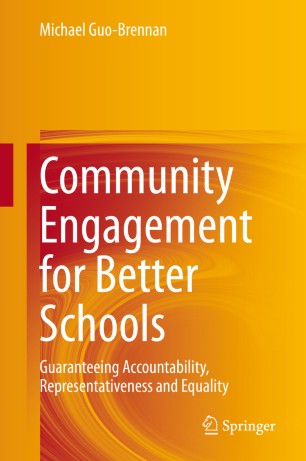

Most ebook files are in PDF format, so you can easily read them using various software such as Foxit Reader or directly on the Google Chrome browser.
Some ebook files are released by publishers in other formats such as .awz, .mobi, .epub, .fb2, etc. You may need to install specific software to read these formats on mobile/PC, such as Calibre.
Please read the tutorial at this link: https://ebookbell.com/faq
We offer FREE conversion to the popular formats you request; however, this may take some time. Therefore, right after payment, please email us, and we will try to provide the service as quickly as possible.
For some exceptional file formats or broken links (if any), please refrain from opening any disputes. Instead, email us first, and we will try to assist within a maximum of 6 hours.
EbookBell Team

4.8
84 reviewsIn the United States, government participation in education has traditionally involved guaranteeing public access, public funding, and public governance to achieve accountability, representativeness and equality. This volume discusses the role of broad regimes of local community actors to promote school improvement through greater civic engagement. Taking a historical perspective, this text examines the relationship between government at the federal, state, and local level and local actors both inside the traditional education regime and those stakeholders outside the schools including parents, non-profit organizations, and businesses. It then drills deeper into the role of state legislatures and finally local leadership both inside and outside the schools to promote change, focusing on efforts that include parental choice through tax incentives, charter schools, magnet schools, and school vouchers to achieve accountability, representativeness and equality.
The text examines the perceptions and relationships of various actors in urban education reform in numerous cities across the country with special attention dedicated to Chicago, Illinois, and Milwaukee, Wisconsin to offer a deeper understanding of the barriers to and opportunities for fostering greater civic capacity and engagement in urban education reform, as well as developing inclusive educational policy.
Attention is also given to accountability and measuring success, traditionally defined by high stakes testing which fails to consider non-classroom factors within the community that contribute to student performance. An alternative approach is offered driven by a wholistic accounting of various factors that contribute to school success centered around third-party inspections and accreditation.
Providing insight into school reform at the local level, this book will be useful to researchers and students interested in public policy, education policy, urban governance, intergovernmental relations, and educational leadership, as well as teaching professionals, administrators, and local government officials.